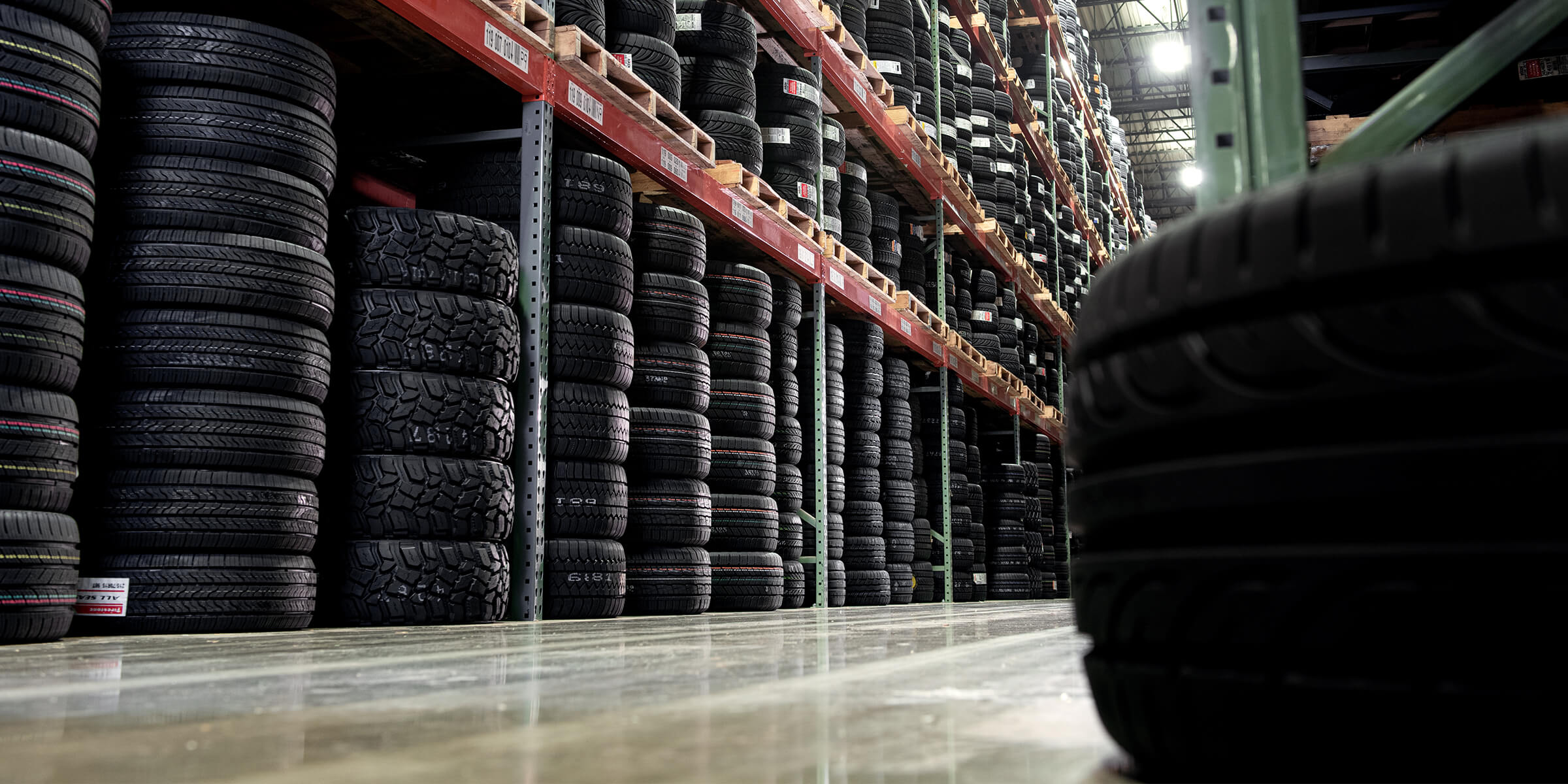Quality Tire Shop Morris: Your Best Location for Tire Needs
Quality Tire Shop Morris: Your Best Location for Tire Needs
Blog Article
Tire Service: Recognizing Tire Pressure Monitoring Equipments
Understanding Tire Stress Surveillance Solutions (TPMS) is a vital element of preserving ideal vehicle efficiency and safety and security on the road. With advancements in vehicle modern technology, TPMS has come to be a common feature in contemporary lorries, offering real-time details on tire pressure levels. Delving much deeper right into the complexities of TPMS, one can reveal the various parts that make up this system and the relevance of each in guaranteeing precise surveillance. From straight to indirect TPMS systems, the landscape of tire stress surveillance is varied, each with its one-of-a-kind collection of considerations and benefits. Remain tuned to unravel the complexities of TPMS, from maintenance ideas to the obvious benefits of maintaining your tires properly pumped up. mopar tire service specials.

Value of TPMS
The value of Tire Stress Surveillance Equipments (TPMS) hinges on their ability to improve automobile security and efficiency with real-time tracking of tire pressure degrees. Keeping the right tire pressure is important for making sure optimum handling, stopping, and total safety and security of a lorry. TPMS provides drivers with immediate comments on any kind of overinflated or underinflated tires, enabling timely adjustments to be made.
Parts of TPMS
Sensing units are commonly located in the tire valve stem or attached to the wheel setting up, where they determine tire pressure and send data to the control module. Some progressed TPMS models additionally show the real tire pressure readings for each tire, offering chauffeurs with real-time info to make certain optimal tire performance and safety and security. By keeping track of tire stress constantly, TPMS helps protect against mishaps, reduces tire wear, and boosts fuel performance, making it a vital component for lorry security and performance. mopar tire service specials.
Types of TPMS

On the various other hand, indirect TPMS relies upon the lorry's wheel rate sensors to check tire stress. This system discovers useful link underinflation by comparing the rotational speeds of the wheels. Indirect TPMS is less expensive than straight TPMS, as it makes use of existing sensors within the car.
While straight TPMS supplies much more accurate readings, indirect TPMS is simpler in design and normally calls for much less maintenance. Both systems have their constraints and benefits, and the selection in between them typically depends upon variables such as cost, automobile make, and individual choice. Understanding the differences in between these two sorts of TPMS can assist automobile owners make notified choices pertaining to tire maintenance and security.
TPMS Upkeep Tips
Conduct routine checks on the tire stress levels and compare them with the TPMS analyses to guarantee they are consistent. Throughout tire turning or replacement, make sure that the TPMS components are handled carefully to prevent any kind of prospective damages. If the TPMS advising light brightens on the dashboard, resolve the concern promptly by checking the tire pressures and the general system for any type of faults.
Benefits of Appropriate Tire Pressure
Preserving appropriate tire pressure, as emphasized in TPMS Maintenance Tips, is vital for gaining the many advantages image source related to ideal tire stress degrees. Among the main benefits of keeping the proper tire pressure is boosted fuel efficiency. When tires are correctly pumped up, there is much less rolling resistance, bring about much better fuel economic situation. Additionally, correct tire stress guarantees also tire wear, prolonging the lifespan of the tires and promoting more secure driving conditions. With the right tire pressure, lorries likewise have far better handling and traction, particularly in damaging weather. This can enhance total driving efficiency and security for the motorist and travelers. Furthermore, keeping optimal tire pressure can add to a smoother and extra comfy experience by decreasing resonances and sound caused by underinflated tires. Finally, the benefits of proper tire stress go beyond simply tire durability; they include boosted fuel efficiency, improved safety, better lorry efficiency, and general driving comfort.
Final Thought
In final thought, recognizing tire pressure tracking systems (TPMS) is important for maintaining ideal tire stress and making sure vehicle security. By recognizing the relevance of TPMS, recognizing with its components, understanding the various kinds readily available, adhering to correct upkeep ideas, and understanding the benefits of keeping appropriate tire stress, chauffeurs can improve their driving experience and prolong the lifespan of their tires. Proper tire pressure is key to efficient and safe lorry procedure.

Report this page